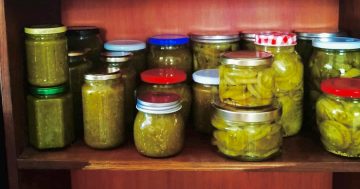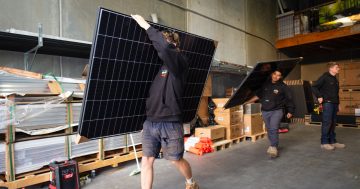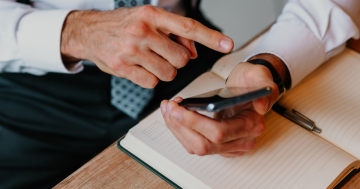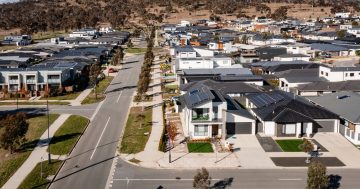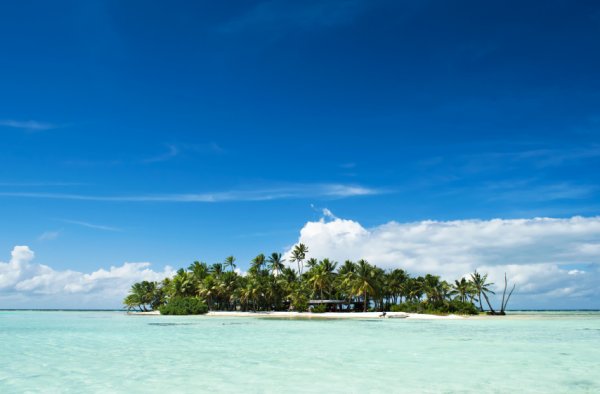
I know about the importance of limiting our impact on the earth. I worry about what will be left for my children and grandchildren if we continue to take from the planet without regard for our greater impact. I recycle. I switch off lights when we’re not in the room and try not to waste water. I know it’s not enough.
With a daughter who is quite a severe asthmatic I am also becoming wary of cleaning products and cosmetics high in chemicals (I also figure that if I used something without chemicals I could get the kids to help!). But where do I start?
I caught up with local author and blogger, Kirsten McCulloch, to find out where to start when you want to make an impact, but know you can’t do everything right, right now.
Where did you start? What were the first changes you made in your life?
I guess one of the first changes I made was to consciously start using less electricity – it’s not very hard to do when you’re just starting, just things like turning off lights when you leave a room and turning off appliances at the power point, instead of leaving them on standby, can save quite a bit of power.
And then the other thing I started doing early was trying to grow some of my own fruits and vegetables, and doing it moreorless organically.
But I think like so many people, I didn’t sit down and say, “wow, I need to go green!” It was just a gradual process – actually, I should say it is a gradual process – of becoming more and more aware. So when I started growing vegetables, I wanted to rebuild the soil and not put poisons into the earth, but I was more conscious of a desire to do for myself than worried about the fuel associated with transporting food. That came later.
What is your greatest nemesis?
Consumerism! Or rather, consuming is something I find all too easy to do! I think it’s not money that’s the root of all evil, but consumerism and its flipside, desire (which marketing departments cleverly feed in us). But for all I am very conscious of that, it doesn’t stop me wanting. It doesn’t stop me feeling as though that next purchase will be the one that will make me happy, be it of a book or a chocolate or a new piece of furniture or a garden tool.
What is the easiest way for one person or family to make an impact?
Choose something that matters to you, and do it.
And ideally make it something that will also benefit you or your family immediately. That makes it so much easier to keep going. And that is how you will make an impact. By doing something, and keeping on with it.
One good motivator is money – can you save money by making this change? What will your family do with that money (see my number one tip below)?
Another good motivator is health (yours or your children’s). There are over 80,000 chemicals approved for use in Australia, accessed through regular off the shelf products like shampoo, laundry powder, plastics and clothes. Over 75% of them have not been tested for human or environmental safety. Over 75%! And here’s a really startling statistic: one in three personal care products contains at least one ingredient classified as a possible human carcinogen*.
One in three personal care products! That’s things like toothpaste, sunscreen, bubble bath, body lotion, even lip balm.
So one really easy thing to do is to stop buying and using products with nasty chemicals in them. You can start by downloading my free non-toxic cleaning tips & recipes, to learn to clean without the nasties. You’ll save money this way too. But you don’t HAVE to make your own. You can also buy quality, non-toxic products. Don’t be fooled by the “green-washing” of common supermarket brands though!
What are you top tips to making the change?
My number one tip is to find a personal benefit to changing. One of the best ways to effect change on a population level is to put a price on something. It’s amazing, for instance, how petrol use goes down as the price rises.
So putting a price on it can also help you as a family. For instance, if you walk to the shops once a week, or switch to taking the bus to work three times a week, how much can you save? And what will you then do with that money? You can ask the same questions about the money you save by growing your own food or saving electricity. If you decide as a family what you will do with the savings, and then maybe graph your process so everyone can see, that can really help you make lasting changes.
Another tip is to make a game of it. Games usually involve scoring, and the easiest way to score can again be looking at how much you can save, or you can also effect fines. Leave a light on, put a coin in the jar. But you can also do something like a monthly challenge “Right kids, this month the challenge is saving electricity. For every 5% we reduce the electricity use this month compared to the same time last year (which your bill will usually show) we’ll [insert your favourite non-energy intensive family thing to do here – maybe go to a local movie theatre or go out for a picnic].”
My third tip, but an important one – don’t try to go it alone! Find a community group you can be part of, join an online community, join a blog challenge even. But get support. If you can do it in person, that is usually going to be the most helpful, but any form of community is better than none. It’s amazing how effective it is to have other people around you, all trying to achieve the same things you are.
Last tip, but probably the most important of all – Just Do Stuff! That is the name of a book by the originator of the Transition Towns concept, Rob Hopkins, and I love it. Just do SOMETHING. It hardly matters what it is, just get started, and go from there. You can’t do it all at once. You probably won’t do the MOST effective thing first. Doesn’t matter. Just do something, and you will be making a difference.
If you want to start slow, how do you assess the best and most sustainable changes to make?
Go back to the my last tip above. Seriously, just DO stuff. It will be so much more effective than doing nothing.
But okay, another option is to get some help. In Canberra you can call ACT Smart for free advice on how to make your home more energy efficient, borrow a Home Energy Action Kit from the library to conduct a home audit or pay for an in-home energy efficiency assessment. That only looks at energy, but that is often an easy way to start, especially if saving money is also a motivating factor for you.
Again, the most important thing? Just do stuff. Make a change, see how it goes. Make another one. Talk to people about what you’re doing. Get support. And just do stuff.
*US Environmental Working Group, 2003, quoted in Sarah Lantz, Chemical Free Kids, 2nd Edition, 2012, p.106
Kirsten McCulloch is an Australian freelance writer passionate about living a more sustainable, healthy life, for herself, her family and the planet. She is the author of Less Toxic Living: How to Reduce Your Exposure to Toxic Chemicals – an Introduction for Families and writes about non-toxic living and other aspects of a healthy home at SustainableSuburbia.net. You can get the PDF of her book for free at lesstoxicliving.net, and download her free non-toxic cleaning printables here. Kirsten is also an Independent Norwex Consultant, which means she is focussed on improving quality of life, by radically reducing the chemicals in our homes.
